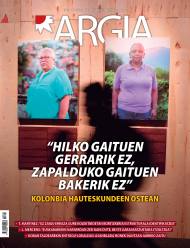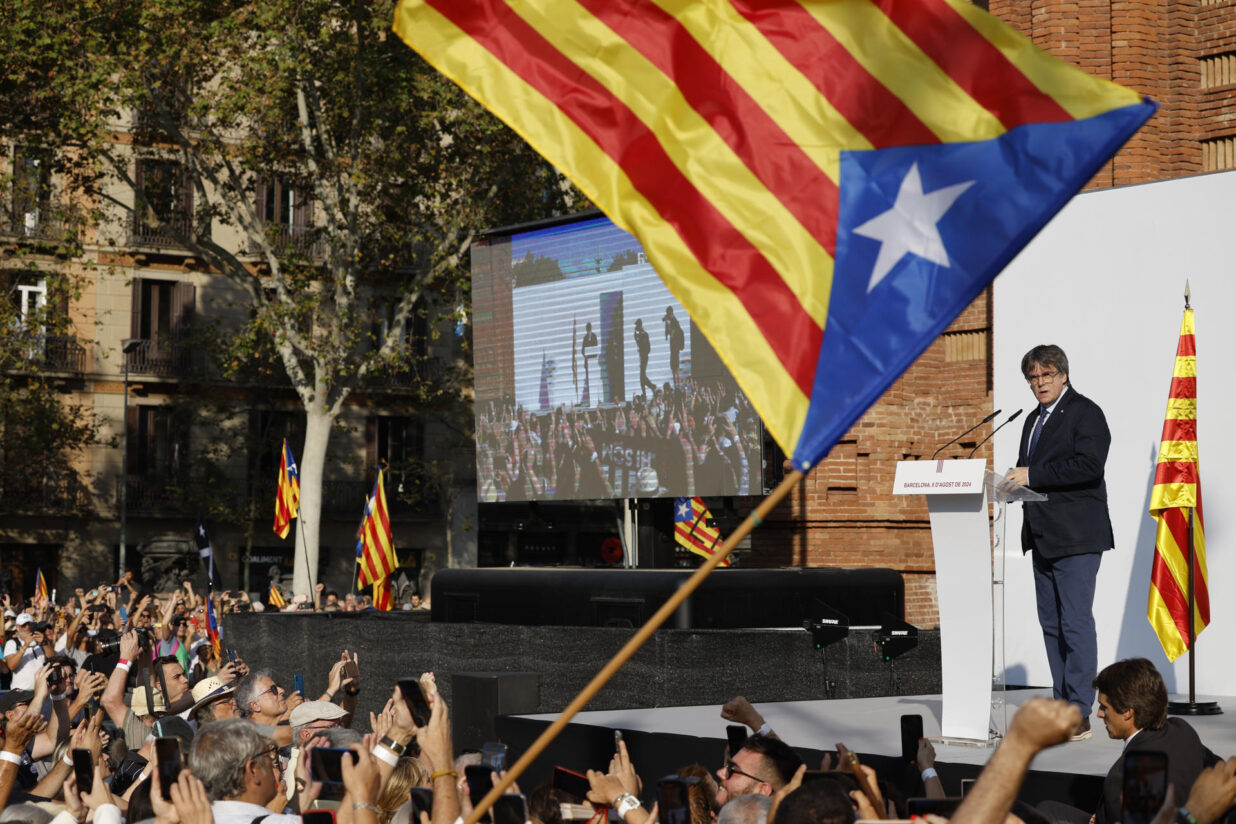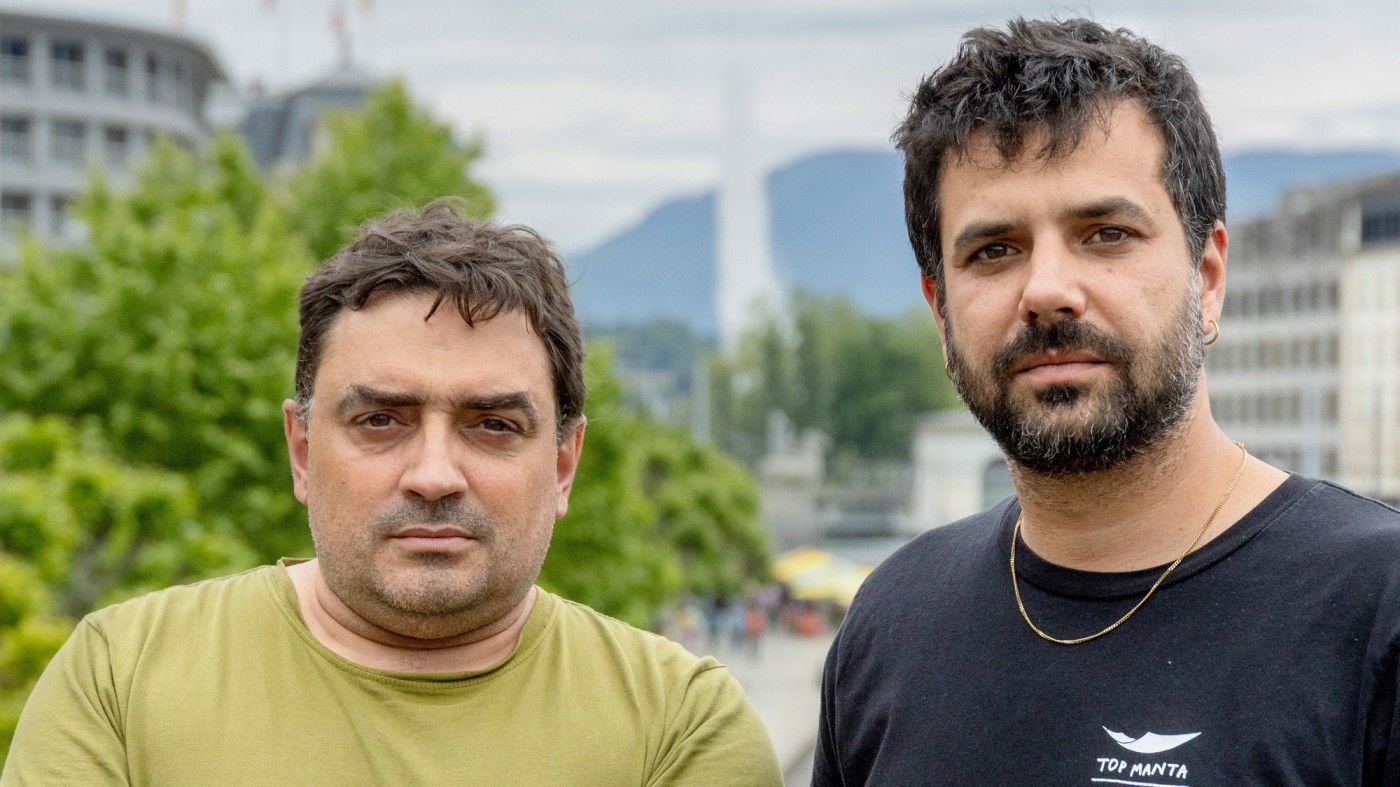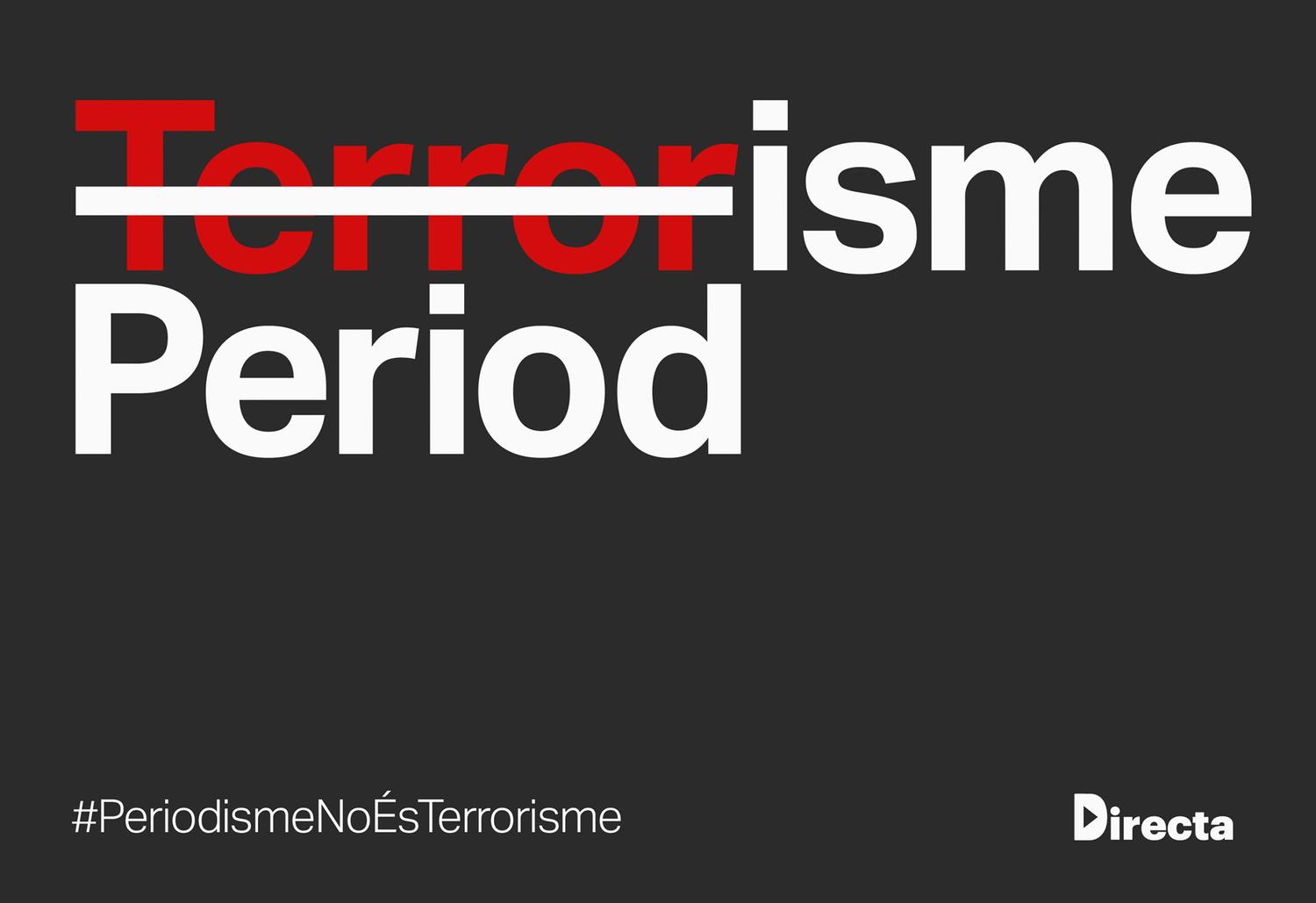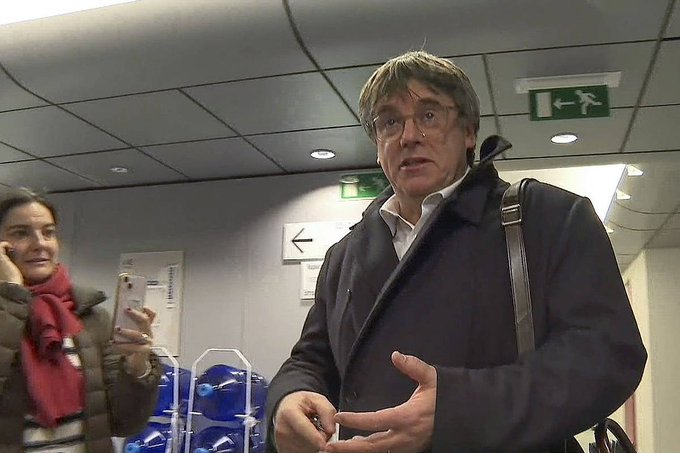Independence in 2029, mathematically
- Born January 22, 1947 Pharmacist and mathematician Alexandre Deulofeu (1903-1978) returned from French exile. During the 1936 War, being the Republican Mayor of Figueres, he fled in February 1939. On his return he rededicated himself to pharmacy, but he did not neglect the passion he had from his youth for studying history through mathematics.
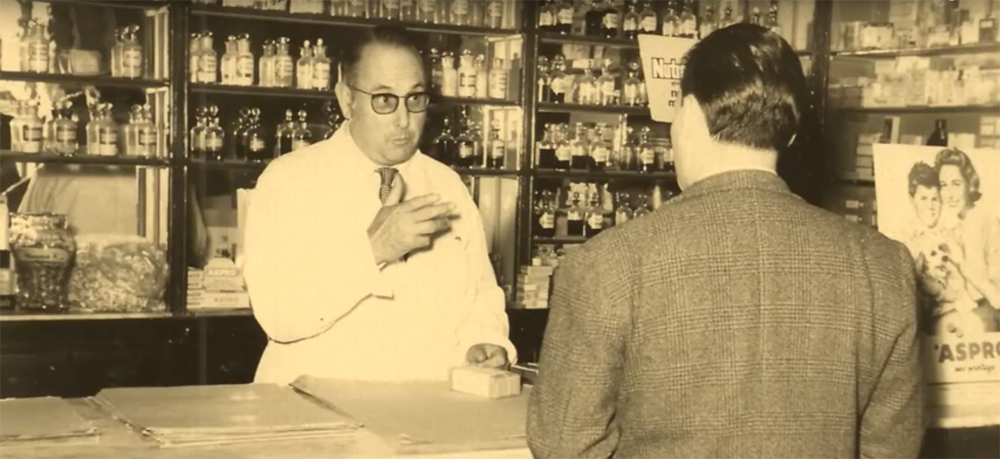
He developed the theory of “mathematics of history.” Oswald Spengler and Arnold J. In line with Toynbee's mindset, he claimed the cyclical character of civilizations, but it provided greater mathematical precision to this idea. In 1951 he synthesized his theory in The Mathematics of Histology, but wrote a total of 23 volumes on the subject, a work that had not yet ended when he died.
According to Deulofeu estimates, civilizations have an approximate duration of 5,100 years and were divided into three periods of 1,700 years. Empires have an average duration of 550 years. In addition to these general cycles, of course, he did more detailed calculations, which helped him make some predictions about what would happen in the future.
But contemporary scholars didn't consider it a serious researcher. Deulofeu's grandson Juli Gutierrez has been one of the few who has so far claimed his grandfather's work and he tells how Deulofeu sent a copy of his first book to historian Jaume Vicens Vives. The historian despised Deulofeu's work and told him to go back to the pharmacy. “This ostracism did him a lot of damage,” says Gutiérrez, adding that he decided to study the degree of history “in order to be able to discuss with historians at the same time.”
Some of Alexandre Deulefeu’s forecasts would later be fulfilled. He invented when the Soviet Union would dissolve, how Yugoslavia would fragment, or how Germany would reunite and strengthen. But even after his death, few experts recognized him the merit. One of them is the historian Enric Pujol. “In the academic field, cyclical theories are undervalued. We value empirical work, not philosophical work. Deulofeu's intellectual production is very interesting and deserves a place in the philosophy of history. If the forecasts he made are met, it is as little as possible.”
But for the last time a prediction of the apology has aroused the interest of many and for them to comply with what Deulofeu said is no less. The Spanish Empire – as I called it – will occupy a five-and-a-half century cycle in 2029 and the peoples that make up it will then be free.
So if we stick to Figueres' apothecary theory, it depends not only on us, but also on mathematics.
Walk from a train station, two friends and a hug. This hug will be frozen until the next meeting. I'll come home, he'll stay there. There, too, will be free the painful feeling that injustice wants us to catch. Jesús Rodríguez (Santa Coloma de Gramenet, 1974) is a journalist,... [+]









